Optimizing UV-AOP of Reuse Waters
Examining UV-AOP as a treatment option to combat drought
The unique photochemistry of microfiltration, reverse osmosis, and tertiary filtered reuse waters during ultraviolet (UV) advanced oxidation treatment was examined through on-site pilot testing at the Cypress Water Treatment Plant in Wichita Falls, Texas, which tested waters from both the City of Lawton, Oklahoma, and the City of Wichita Falls.
Due to geographic proximity, both cities have experienced historic drought and water conservation measures haven’t been able to sustain their freshwater resources. In both cases, the reuse of municipal wastewater for potable purposes is either a current or future reality. In another drought-stricken state, California, regulators have mandated the sequential use of reverse osmosis and UV advanced oxidation processes (UV-AOP) for treatment of municipal wastewater for groundwater aquifer injection (an indirect potable reuse regime).
The results of the proposed pilot testing have the potential to change the perception of pre-treatment requirements for both advanced oxidation and elevated log-removals of priority pathogens.
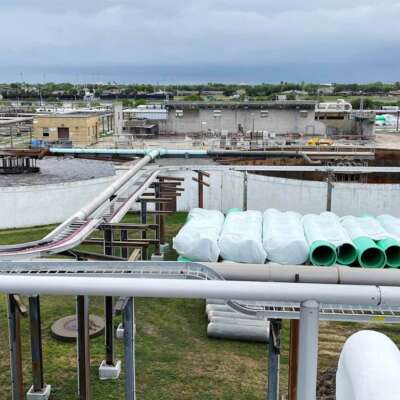
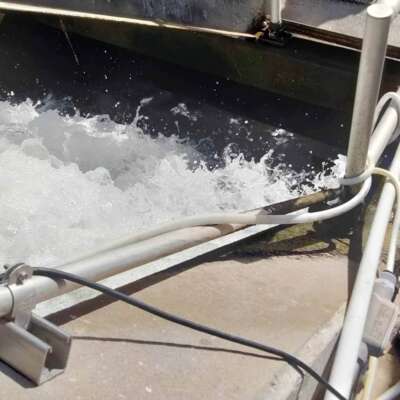
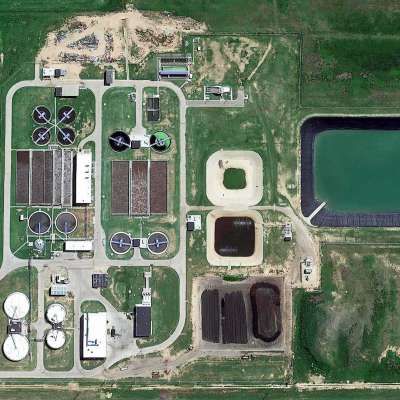
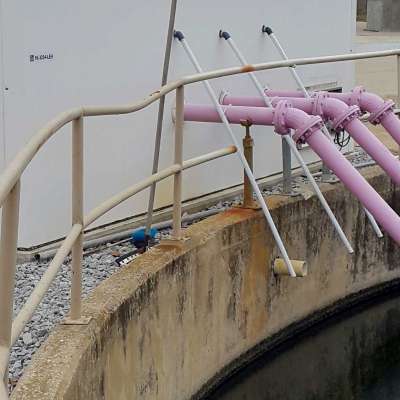






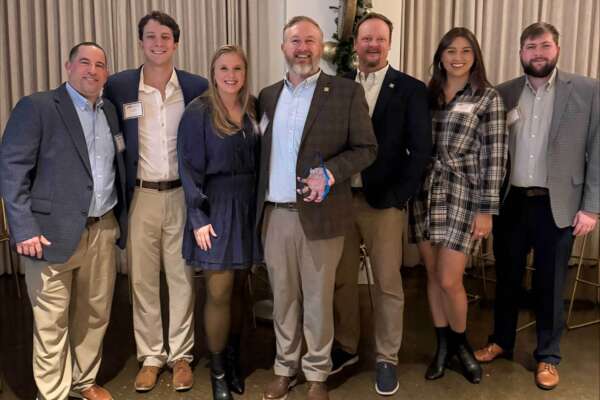


Share this article